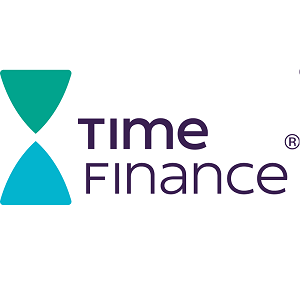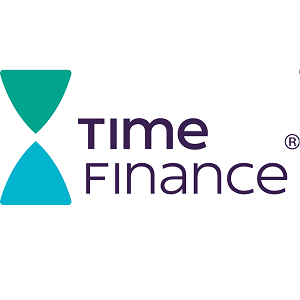Unpaid invoices are a significant concern for small and medium-sized businesses across the UK. Recent data from Natwest reveals that over a quarter of British SMEs are owed between £5,000 and £20,000 in overdue payments. Late payments can have a serious impact on cash flow, making it essential for businesses to understand their rights and explore financial solutions like invoice finance to bridge the gap.
An unpaid invoice occurs when a customer fails to pay after the agreed payment deadline has passed. Often referred to as a past-due or overdue invoice, these payments can accumulate quickly, leaving businesses facing financial strain. Research from Time Finance indicates that SMEs are collectively owed an average of £250,000 in late payments, emphasising the magnitude of the problem.
Payments become officially late when they exceed the standard 30-day period for business transactions or 60 days for public sector payments. If no specific date has been agreed, the law considers the payment overdue once the customer receives the invoice or goods/services. With late payments considered one of the top threats to SME survival, it is critical for businesses to know how to recover funds to avoid further financial challenges.
Chasing unpaid invoices involves several strategies. A common first step is sending a reminder email or text. If no response is received, calling the client can help resolve the situation. This not only shows the seriousness of the matter but also opens up a dialogue to discuss reasons for the delay and negotiate repayment options, such as instalments. After any agreement, it’s important to confirm the terms in writing.
For businesses with ongoing service contracts, suspending services can be an effective means of prompting payment. Many contracts include clauses that allow for this action if payment is not received within a specified timeframe.
When all other options have been exhausted, a final payment reminder should be sent. This communicates the intent to pursue legal action if the invoice remains unpaid. If the situation doesn’t resolve, businesses may consider turning to external support, such as the Prompt Payment Code (PPC), introduced by the government to help address late payment issues. This voluntary code sets standards for businesses to follow, encouraging timely payments and fair practices.
To further manage unpaid invoices, some companies hire a credit controller. This professional handles invoice management and debt collection, providing businesses with the expertise and resources needed to chase payments effectively. Using a credit controller can help maintain positive customer relationships while improving cash flow and ensuring timely follow-up.
Invoice finance offers an alternative solution, providing businesses with quick access to funds while they wait for customers to pay. This service, also known as invoice factoring or discounting, allows companies to access up to 90% of the value of their unpaid invoices within 24 hours. This can relieve pressure from suppliers, HMRC, and employees, ensuring the business can continue to operate smoothly.
Disclosed invoice finance includes credit control services, with a designated credit controller managing communications with customers. In contrast, confidential invoice finance allows businesses to maintain control of customer relations while still benefiting from the financial support.
Unpaid invoices are a significant challenge for SMEs, but understanding how to manage and recover late payments is crucial for maintaining financial stability. Whether through effective communication, credit control, or financial solutions like invoice finance, businesses have several options available to alleviate the stress caused by overdue payments.
Time Finance plc (LON:TIME) is an AIM-listed business specialising in the provision or arrangement of funding solutions to UK businesses seeking to access the finance they need to realise their growth plans. Time Finance can fund businesses or arrange funding with their trusted partners through Asset Finance, Invoice Finance, Business Loans, Vehicle Finance or Asset Based Lending.


